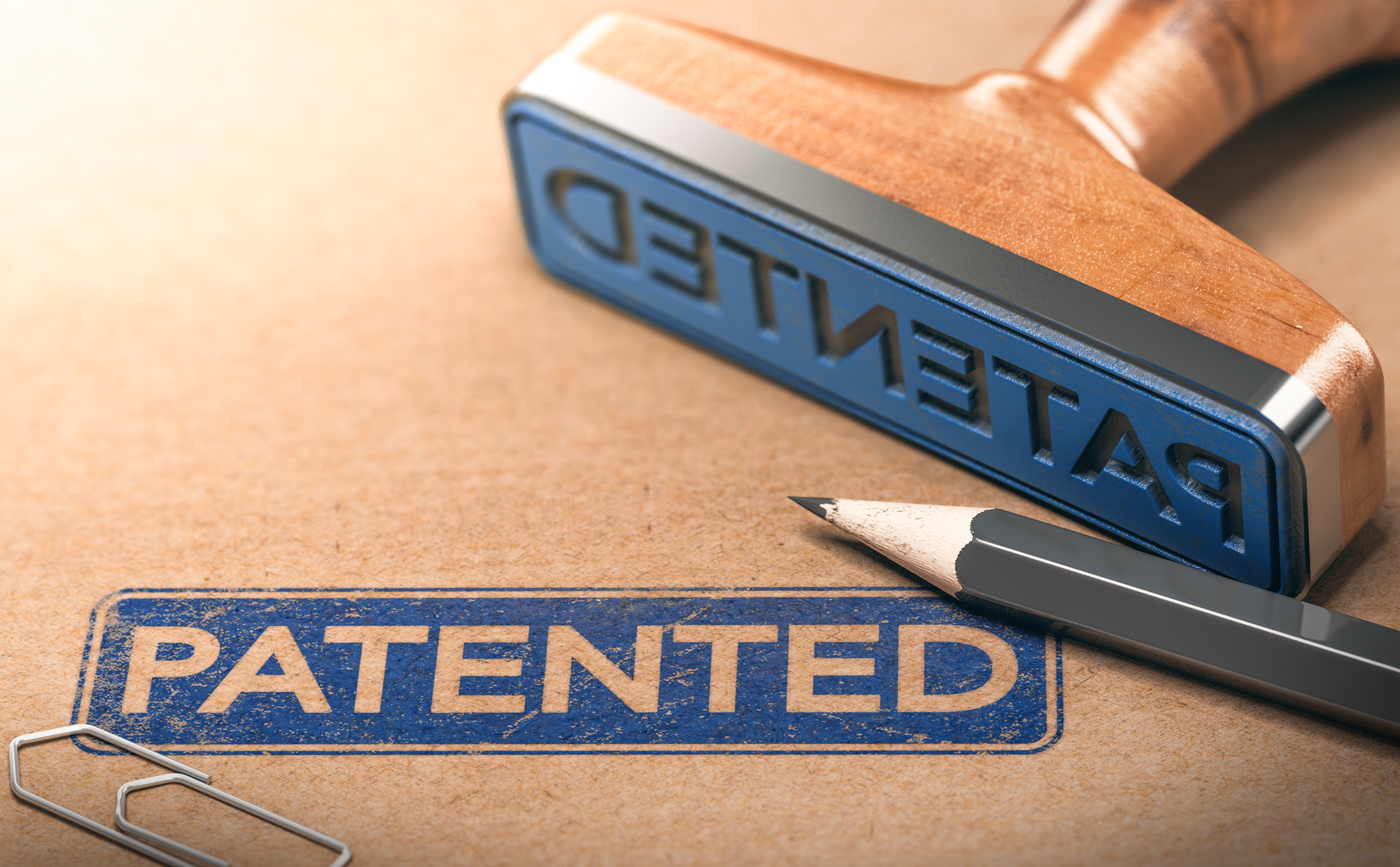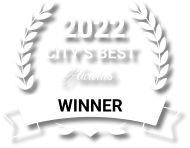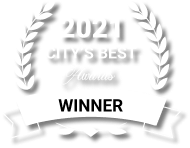A common question that aspiring inventors ask is “Can you patent an idea?” The main requirement for a patent is a clearly defined design or process. Every great invention started out as an idea, but further development is needed to secure a patent on that initial burst of inspiration. Learn what goes into turning an idea into a patentable concept and find out how Lonestar Patent Services can help you prepare to file a patent.
Can You Patent an Idea? The Short Answer
When you come up with a brilliant idea, you may immediately want to know if it is possible to protect it with a patent. The short answer is that the U.S. Patent and Trademark Office does not grant patents for abstract concepts. You have to demonstrate that your idea is unique and useful to be approved for a patent.
There are several types of legal intellectual property protection that depend on what is being protected. Copyright indicates ownership of creative works, while trademarks cover brand names, logos and slogans. Patents are intended to protect inventions. If you have an idea for a new process or product, you should consider developing this idea into a patentable concept.
Individual inventors face many challenges when turning their ideas into realities. In addition to product research and development and market research, the patenting process can take up to two years. Lonestar Patent Services provides a full range of solutions to help inventors protect and profit from their great ideas.
How Can You Turn an Idea Into Something Patentable?
When inspiration strikes, you might find yourself asking “can you patent an idea?” The first practical step you can take is to develop your idea into a working concept. Brainstorm or sketch out your invention and do some preliminary research. If your idea is unique and different from existing products, you should consider applying for a patent.
The easiest way to turn an idea into a patented invention is to contact Lonestar Patent Services. We start by asking general questions to determine whether an idea is a good candidate for patenting. If your idea sounds viable, we will schedule a private meeting and provide you with a non-disclosure agreement that protects you from our service sharing your idea with any outside parties without your express written consent.
Over several days, our invention review team will do research to provide a specific answer to the question “can you patent an idea?” We perform a free search for similar patents. Based on the results, we proceed to invention analysis and research development costs, looking at the market for your invention and the best options for licensing or manufacturing and distribution.
What Do You Need To Get a Patent?
Several types of documentation are useful for patent approval. You need to express your idea in two-dimensional drawings or three-dimensional renderings to obtain a patent. Invention design materials are also useful for product development and presentation to licensing agencies or manufacturing firms. However, it is not necessary to develop a prototype for patenting purposes.
To get a patent, an inventor must describe an invention so that lay people can understand the product or process. Clear explanations and demonstrations of a concept on paper in the form of charts, drawings or schematics serve as an identifiable manifestation. A patent application should also name the inventor and any co-inventors.
There are two types of patents to consider. A provisional application provides one year of protection against competing products. A utility patent can provide 20 more years of protection against competitor redesigns. Lonestar Patent Services charges only $3,500 to write, file and prosecute a patent, compared to over $10,000 for a patent lawyer.
Why Should You Start the Patenting Process Early?
As soon as you start to wonder “can you patent an idea?” it is a good idea to do preliminary research and start the process. Obtaining a patent can take a considerable amount of time.
The USPTO reports that patent approval takes about 22 months, although this process can be expedited for applications that are eligible for a prioritized review that takes about six to 12 months. Lonestar Patent Services develops ideas into working concepts in a relatively short amount of time, but the process of obtaining a patent can still be lengthy.
Inventors should note that applicants are barred from patenting inventions that they already publicly presented, used or sold more than one year prior to filing a patent application. For this reason, it is a good idea to apply for a patent sooner rather than later, before you start producing your invention.
How Can Patenting Services Benefit Inventors?
Patenting services can give you a clear sense of whether an idea is likely to qualify for a patent after development. While the answer to “Can you patent an idea on its own?” is generally no, you can patent a concept that develops from an idea. It takes a lot of research and development to transform an idea into a workable concept and eventually a reality.
From invention analysis to developing a plan of action for designing and engineering an invention, our patent service connects inventors with skilled product development specialists and top patent lawyers. We also provide market research expertise, access to a network of manufacturers and the option for an introduction to a licensing agency.
Lonestar Patent Services can work with you to turn an idea into a patentable concept and develop materials, such as a 15 to 20-page brochure, for use during the patenting process and presentation to manufacturing firms or licensing agencies. We can also facilitate licensing or buy-out agreements.
Can You Patent an Idea With Our Services?
Many aspiring inventors ask “Can you patent an idea?” The key to securing a patent is to turn your idea into a clear concept. Lonestar Patent Services provides inventors with helpful resources for researching, analyzing, designing, engineering and manufacturing or licensing inventions. Starting with a phone interview, we offer the guidance you need to turn a great idea into a patented invention.



